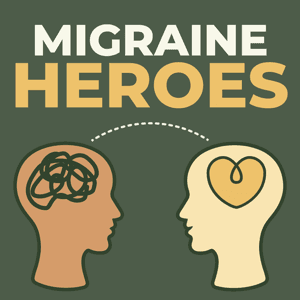In a recent study published in Cephalalgia on September 7, 2022, an international group of researchers reported results from a global online survey on perceived barriers to career progression in the headache field. The survey focused on career obstacles in four domains: professional recognition, opportunities in scientific societies, clinical practice, and salary and compensation.
Nearly 600 professionals in the global headache field responded to the survey, with gender emerging as the most important barrier in nearly all of the four domains. Country of birth also surfaced as a key barrier.
In this MSC podcast, Irene de Boer, first author of the study, along with senior author Gisela Terwindt, sit down with Lincoln Tracy, a research fellow and freelance writer from Melbourne, Australia, to delve deep into the findings from their new work.
























